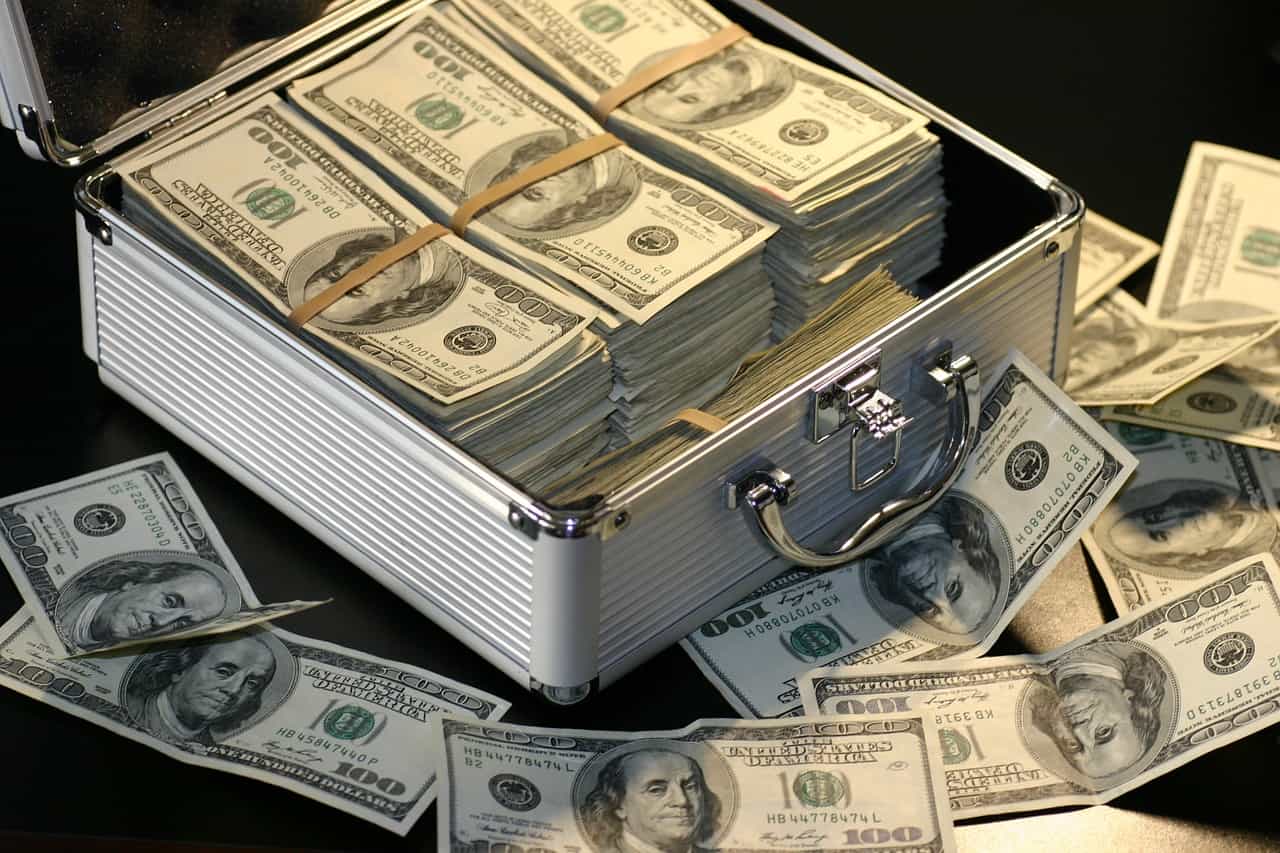Panama asked the European Union on Monday for its support to get off the list of “tax havens”, a situation that is damaging its reputation in the financial system, making business and access to financing more expensive.
“We request the support of the European Union, in a clear way, in the efforts that the country is making to get off the discriminatory lists,” said Panamanian Foreign Minister Erika Mouynes after a meeting in Panama City with the High Representative for Foreign Affairs of the European Union (EU), Josep Borrell.
“Our message could not be clearer. Panama is and will continue to be a country that fulfills its international commitments and strives to raise the capacity of its institutions in all areas and we expect the support of our strategic partners,” added Mouynes.
Panama is on the so-called “gray list” of the Financial Action Task Force (FATF), and is considered a country of “heightened vigilance” that is working to improve its systems against money laundering and terrorist financing. It is also on the European Union’s “tax haven” list.
“The EU supports Panama technically and we welcome the efforts Panama is making to adapt its legislation and practices so that it can meet the requirements of the global forum on anti-money laundering measures,” Borrell told reporters.
He said that last Sunday there was a meeting between the Panamanian government and the FATF to address the issue, although he did not specify the location of the meeting.
“We in the European Union cannot take Panama off the lists if this international institution FATF does not do it first. In fact, they are on the European Union’s list because FATF has proposed it,” Borrell explained.
This Central American country was involved in 2016 in the “Panama Papers” scandal, a journalistic investigation that revealed how personalities from around the world hid money through the Panamanian law firm Mossack Fonseca, and allegedly evaded taxes.
In 2021, law firms in Panama were also pointed out in the “Pandora’s Papers” investigation as facilitators for the formation of opaque companies where fortunes of well-known personalities were hidden.
Since the 2016 scandal, according to specialists, Panama has imposed greater requirements for the formation of companies or corporations, which allow identifying the origin of the funds and their owners.
“I am aware of and positively value the effort this government is making, drastically limiting the number of companies domiciled here [in Panama], taking measures that I hope will lead to a delisting,” Borrell commented.






